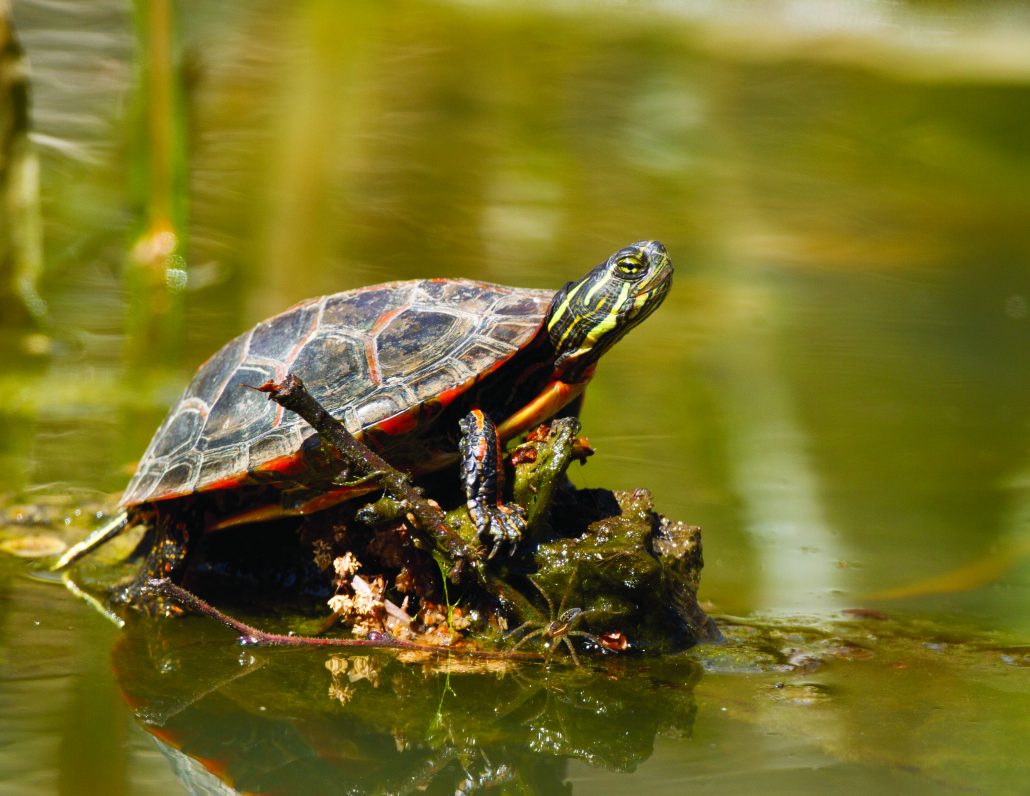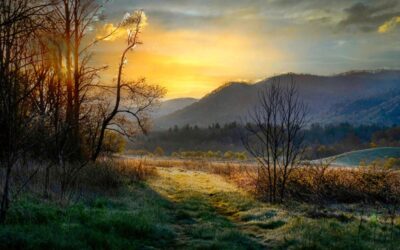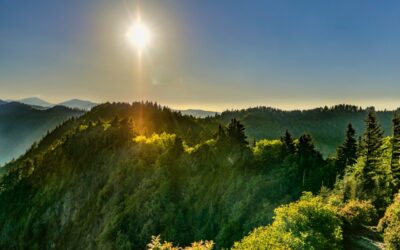Opinion article by Michael Butler, CEO of Tennessee Wildlife Federation, as it appeared in The Commercial Appeal.
As the anti-public lands sentiment creeps eastward across the nation, it is imperative we remember and recognize the value of these lands before they are gone.
In Tennessee, just over 2.4 million acres is classified as public lands. These lands include national parks, forests and wildlife refuges; state parks and forests; and city lands and properties. In other words, the places we go for recreation, recuperation, nourishment, and to connect with nature and each other.
But, they make up just a small portion of our state—roughly 10 percent—and thereby many Tennesseans struggle to easily access and engage on public lands, sometimes leaving the issues of public lands out of sight and out of mind.
This is doubly true in southwest Tennessee where there are only 2.4 to 10.9 recreational acres per person within a 75-minute drive of Memphis. By comparison, large East Tennessee cities fair much better with at least 22.3 recreational acres per person. This means any loss of access to public lands, or of the lands themselves, would be felt especially hard in southwest Tennessee.
The issues surrounding public lands are complex and varied. Often, short-sighted arguments and immediate profiteering by a handful of individuals win out over the lifelong benefits of these lands—both tangible and intangible.
At state and national levels, elected officials are introducing and supporting policies that seek to strip public lands, or access to them, from the hands of the public—the owners of these lands and waterways.
These policies are not supported by Tennesseans. In fact, support of public lands in our state runs high.
Lawmakers who take this cannibalistic approach to public lands hurt individuals and the state as a whole. When public lands are stripped from public hands, so too are their benefits. The tourism, jobs and other economic benefits to the tune of $30 billion in Tennessee. The healthier minds and bodies. The availability of clean sources of food and water.
On the most basic level, without safeguarding these public lands we—the public—are literally handing over the great outdoors and everything it provides.
To whom? For what? Every outcome for generations must be considered because once those lands leave the public realm, they are gone.
In West Tennessee, where just a handful of relatively small public spaces exist, public lands and the opportunities to acquire more may quickly slip out of sight. And any loss will be harshly felt. When there is no green, there is no wildlife. And the water you’ve always depended on is no longer healthy enough for a swim or fishing. At that point, public lands may be out of sight but it is unlikely they will be out of mind.
Support public lands and the outdoor lifestyle and recreation they provide. Ask your legislators to do the same and end the policies that are bad for our lands.
Featured photo by Michael Threlkeld




